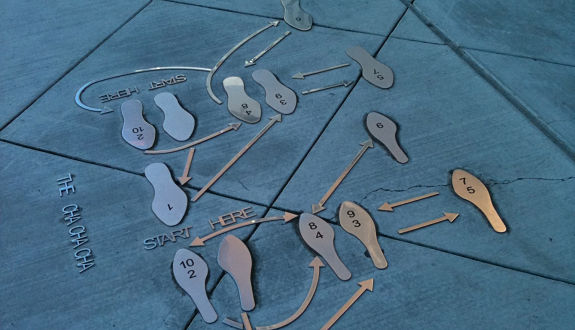What California’s Ruling on Accommodated LSATs Means
- by
- Jan 22, 2014
- Lawsuits, LSAT
- Reviewed by: Matt Riley


A recent ruling by a California court could have wide-ranging implications for how LSAC reports the LSAT scores of people who receive testing accommodations.
Since time immemorial, LSAC has offered accommodated LSAT testing for people with disabilities, but with a potential catch. If you receive such accommodations from LSAC, your LSAT score report will include a notice to that effect, along with a comment that your LSAT score should be “interpreted with great sensitivity and flexibility” (their words). The LSAT score report also doesn’t include a comparison to other test-takers or a percentile rank, unlike standard LSAT score reports.
Professor Shaun Martin at University of San Diego School of Law has a good explanation of this policy on his blog: Law schools care about LSAT scores because they are a strong predictor of success in law school. When a potential applicant has taken the test under nonstandard conditions, the LSAT is less predictive, so LSAC gives the schools a heads-up.
Is LSAC’s practice of providing different score reports for people who received accommodations harming those applicants? Debatable – but there is little doubt that the LSAT score reports cause admissions officers to view the applicant’s LSAT score differently. The State of California felt LSAC’s policy was deterring potential applicants with disabilities, so they passed a law prohibiting LSAC from differentiating the LSAT score reports of people who received accommodations.
LSAC wasn’t pleased with the California law, so they sued. However, a California appeals court recently upheld the law, so for now, it stands.
For test-takers in California, the ruling means that if you receive accommodations on the LSAT, law schools won’t know about it. Your LSAT score report will look exactly the same as the report of someone who didn’t receive any accommodations. For test-takers outside of California, nothing will change — at least for the time being. It remains to be seen whether other states will follow suit.
And for law school admissions officers, when they receive applications from people in California, they simply won’t know whether that person received accommodations on the LSAT (unless it’s something that is mentioned elsewhere in the application). They’ll have to judge all California applicants on the same basis – which is, of course, the intended effect of the law.
Search the Blog

Free LSAT Practice Account
Sign up for a free Blueprint LSAT account and get access to a free trial of the Self-Paced Course and a free practice LSAT with a detailed score report, mind-blowing analytics, and explanatory videos.
Learn More
Popular Posts
-
logic games Game Over: LSAC Says Farewell to Logic Games
-
General LSAT Advice How to Get a 180 on the LSAT
-
Entertainment Revisiting Elle's LSAT Journey from Legally Blonde








